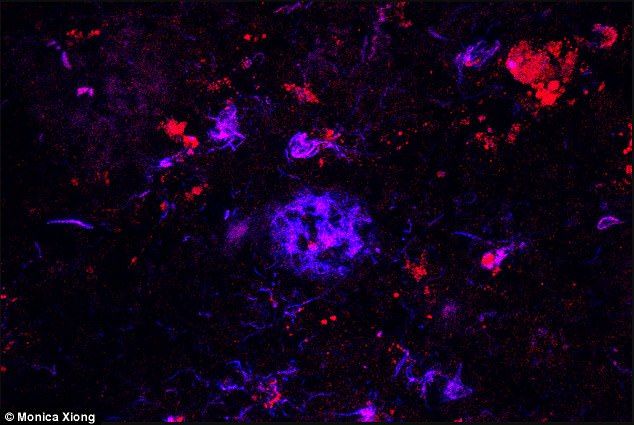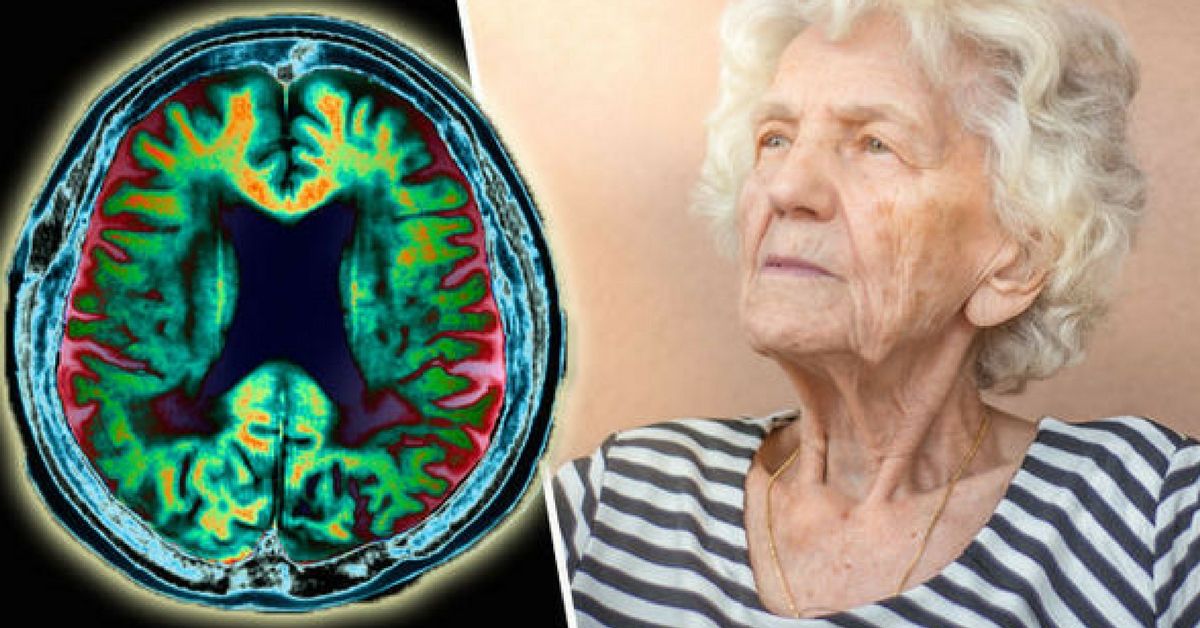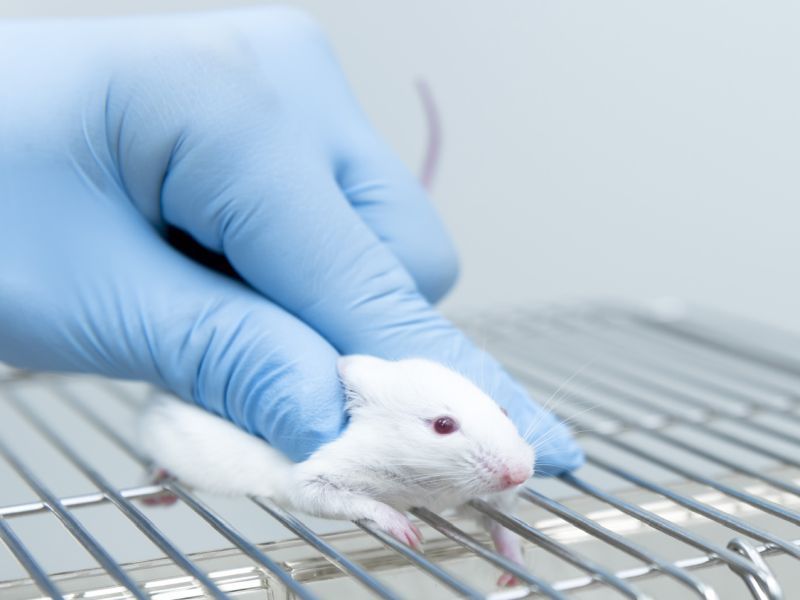We all know someone who's been affected by Alzheimer's disease, and we've all heard a doctor say this: "There's no cure."
According to the Alzheimer's Association, it's the sixth leading cause of death in the United States.
There was nothing more devastating to me than to hear my grandfather being diagnosed with this illness. It broke my heart when he didn't recognize me. It broke my heart when he yelled at me for no reason.
Watching him being admitted into a nursing home was one of the hardest thing my parents had to deal with. My grandfather was supposed to live out his days in his country home, where he always spoke about retiring, not in a small room where unfamiliar faces would come to give him his daily medication.
The cruelest part of this degenerative brain disorder is how it destroys every aspect of one's humanity piece by piece. And it doesn't only affect the afflicted, it also affects those around them.
This disease usually affects people in their mid-60s onward, impacting their memory, thinking skills, and ability to carry out simple tasks.
But maybe that's all about to change, thanks to a team of scientists working to fight this progressive brain disorder once and for all.
Researchers at Washington University School of Medicine were able to successfully remove the "irreversible" disease from mice.
And like most things that have been tested on animals first and have had major breakthroughs, there may a good chance it's going to work on humans.
Here's what they've discovered:
At the onset of Alzheimer's, sticky amyloid plaque builds up in the brain, which is considered to be the root cause of the disease.
"The plaque that builds up is felt to initiate the process we know of that ultimately leads to the cognitive decline we see in Alzheimer's disease," said the study's author David Holtzman. "There is a lot of evidence that amyloid plaques are the instigator, or the trigger, of Alzheimer's disease."
This time around, scientists targeted a specific protein known as APOE, and injected genetically engineered mice with antibodies to remove this plaque.
They were able to create an antibody that only targeted APOE structures in the brain, and not the blood. Therefore, there's less of a chance of "unwelcome side effects," according to Holtzman.
This new antibody activated each mouse's immune system and destroyed this protein, which is what causes the plaque build up, slowing down the disease's progression.
"By removing plaques, if we start early enough, we may be able to stop the changes to the brain that result in forgetfulness, confusion and cognitive decline," Holtzman said.

While this treatment has been able to destroy plaque formation in the brain of mice, there's no telling how effective it will be in human trials.
"This is not going to become a medication -- if it ever does -- in the next few years," Keith Fargo, director of scientific programs and outreach for the Alzheimer's Association said. "This is going to be many years down the road."
Nevertheless, this is a huge breakthrough in battling this degenerative disease, and the results still look promising.
As more research is being done, we're getting very close to curing this disease that has taken the life of many of our loved ones.
Share this message of hope! In a few years we may be able to cure this disease!
[H/T: Daily Mail / UPI]



